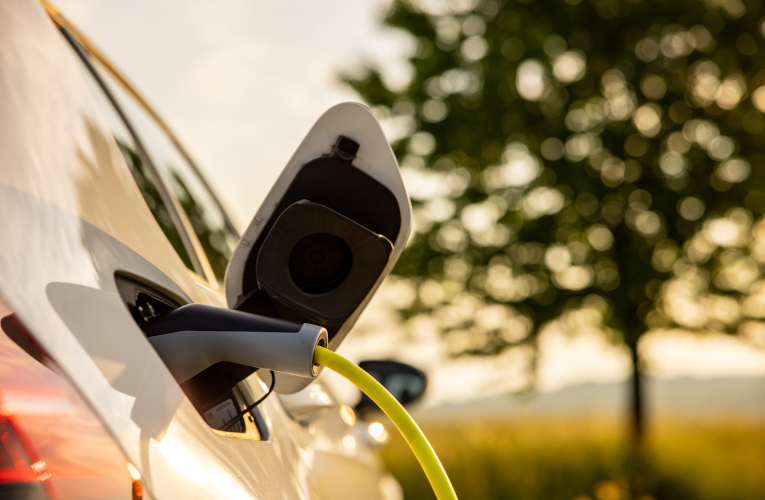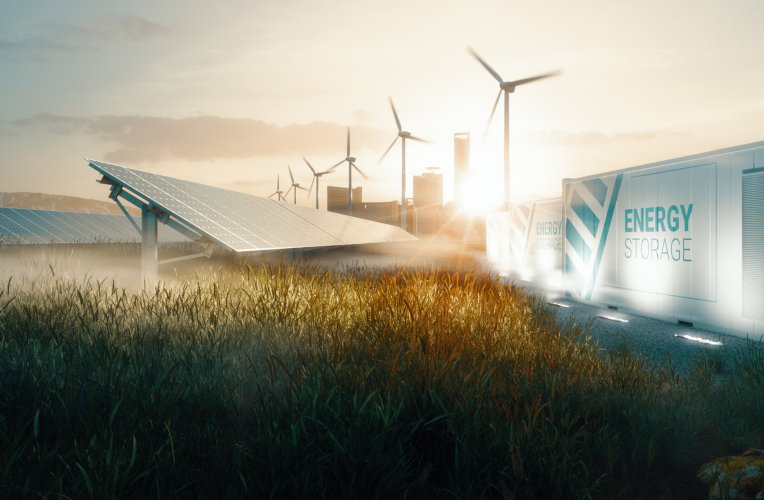
Forecasting
A New Record: Climate Change and Electrification
Not only were new records made in Paris, but the world is doing it, too. 2023 reached an all-time record with the world average temperature reaching 14.98°C (59 degrees Fahrenheit); 2024 may even beat this. The NOAA graph below shows the temperature deviation relative to the pre-industrial temperatures - on average, 2023 temperatures are 1.6 C (2.9 F) warmer. There is no indication this trend is slowing.
2023 also happened to be a record for world CO2 emissions with emissions reaching 419.3 PPM as shown in the NASA CO2 emissions trend below:
It’s a record (both CO2 and temperature) that we hope will slow down. Nations around the world (including ours) have made significant commitments to limit CO2 emissions growth. In 2022, the U.S. Congress passed the Inflation Reduction Act (IRA). The IRA is the most ambitious legislation ever passed in this country with the bill committing $370 billion to address climate change and climate justice (Inflation-Reduction-Act-Guidebook). IRA includes direct funding to states and tax incentives for building and transportation electrification. According to the EPA, in 2022 buildings (think of heating, cooking, dryers and hot water) and the transportation sector (think of the millions of cars on the road) account for 41% of CO2 emissions.
The Center for Climate and Energy Solutions reports that states are joining the party as well. 24 states have adopted their own greenhouse gas reduction targets.
States are promoting electrification through a range of incentives for heat pumps, heat pump water heaters, and convection cooking. Jurisdictions in seven of these states and D.C. have taken it one step further with bans or strictly limiting new gas hook-ups. New York has the most aggressive statewide policy prohibiting the use of fossil equipment in all new buildings seven stores or under in October 2026, and over seven stories starting in 2029.
Throw in electric vehicles and data centers and utility forecasters (based on Itron’s recent annual energy survey) expect to see strong electric sales growth as illustrated below – a significant change from flat to even declining sales experienced over the last 16 years.
Looks a whole lot like the past. It’s back to the future, when the all-electric gold medallion home was all the rage.
Related Articles
HTML Example
A paragraph is a self-contained unit of a discourse in writing dealing with a particular point or idea. Paragraphs are usually an expected part of formal writing, used to organize longer prose.






